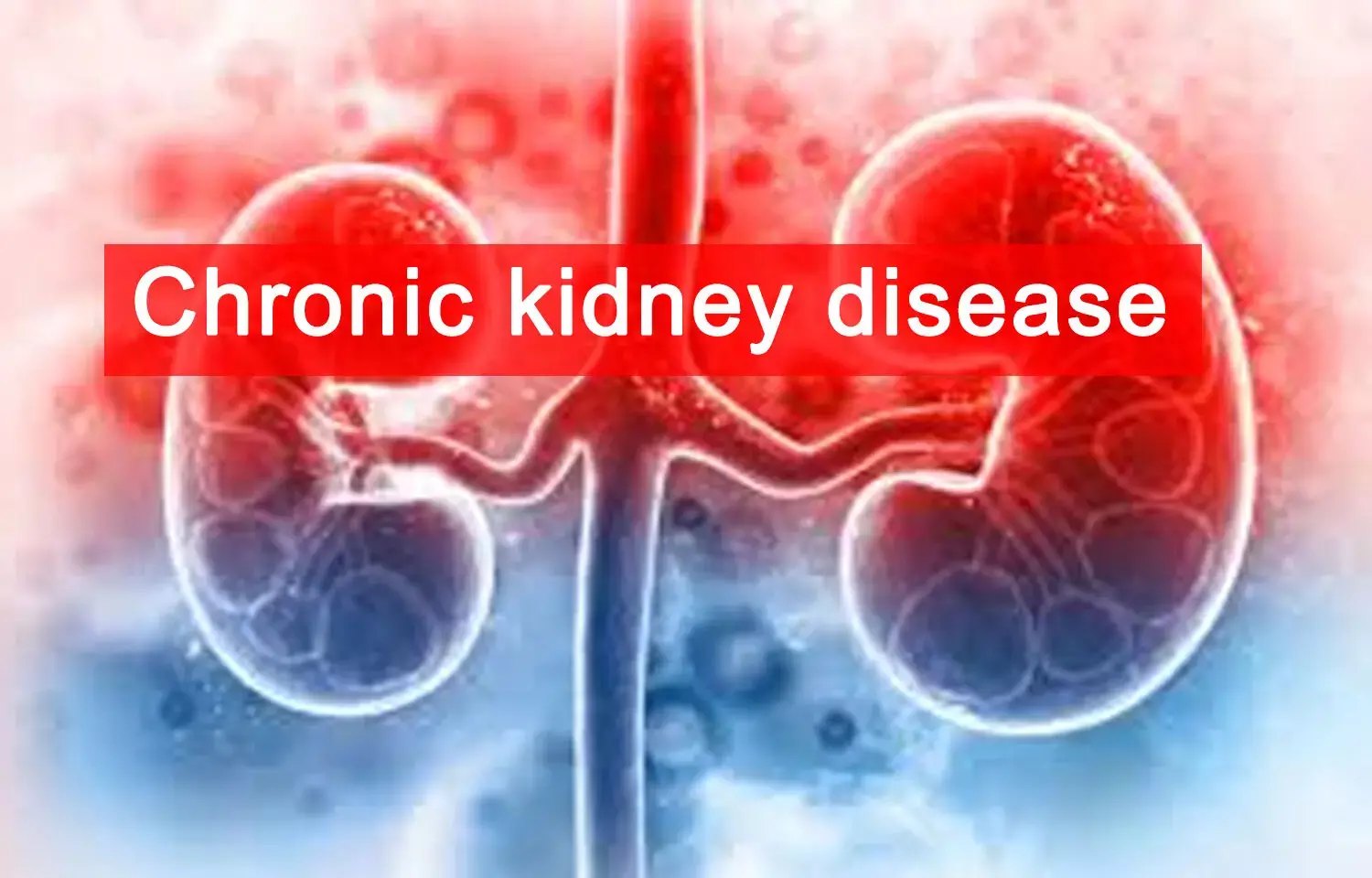- Home
- Medical news & Guidelines
- Anesthesiology
- Cardiology and CTVS
- Critical Care
- Dentistry
- Dermatology
- Diabetes and Endocrinology
- ENT
- Gastroenterology
- Medicine
- Nephrology
- Neurology
- Obstretics-Gynaecology
- Oncology
- Ophthalmology
- Orthopaedics
- Pediatrics-Neonatology
- Psychiatry
- Pulmonology
- Radiology
- Surgery
- Urology
- Laboratory Medicine
- Diet
- Nursing
- Paramedical
- Physiotherapy
- Health news
- Fact Check
- Bone Health Fact Check
- Brain Health Fact Check
- Cancer Related Fact Check
- Child Care Fact Check
- Dental and oral health fact check
- Diabetes and metabolic health fact check
- Diet and Nutrition Fact Check
- Eye and ENT Care Fact Check
- Fitness fact check
- Gut health fact check
- Heart health fact check
- Kidney health fact check
- Medical education fact check
- Men's health fact check
- Respiratory fact check
- Skin and hair care fact check
- Vaccine and Immunization fact check
- Women's health fact check
- AYUSH
- State News
- Andaman and Nicobar Islands
- Andhra Pradesh
- Arunachal Pradesh
- Assam
- Bihar
- Chandigarh
- Chattisgarh
- Dadra and Nagar Haveli
- Daman and Diu
- Delhi
- Goa
- Gujarat
- Haryana
- Himachal Pradesh
- Jammu & Kashmir
- Jharkhand
- Karnataka
- Kerala
- Ladakh
- Lakshadweep
- Madhya Pradesh
- Maharashtra
- Manipur
- Meghalaya
- Mizoram
- Nagaland
- Odisha
- Puducherry
- Punjab
- Rajasthan
- Sikkim
- Tamil Nadu
- Telangana
- Tripura
- Uttar Pradesh
- Uttrakhand
- West Bengal
- Medical Education
- Industry
Exposure to pesticide Malathion linked to chronic kidney disease, finds study

A commonly available pesticide has been associated with an increased risk of chronic kidney disease (CKD) in a University of Queensland study.
Researchers of the study found people exposed to higher amounts of the insecticide Malathion, known as Maldison in Australia, had 25 per cent higher risk of kidney dysfunction.
Researchers analysed links between pesticide exposure and the risk of kidney dysfunction in 41,847 people, using data from the USA National Health and Nutrition Examination Survey (NHANES).
"Nearly one in 10 people in high income countries show signs of CKD, which is permanent kidney damage and loss of renal function," Dr Osborne said.
Risk factors of developing CKD include age, hypertension and diabetes.
Dr Osborne said CKD with no known cause was rising in low-to-middle income countries such as India, Sri Lanka and Mesoamerica.
"Initially, it was suspected the condition was associated with agricultural workplaces through exposure to heat stress, dehydration, pesticide spraying, heavy metals and agrochemicals," Dr Osborne said.
"However, environmental contamination, pesticide residues and herbal medicines potentially containing heavy metals may also be contributing to CKD."
The cause of increased CKD remains unknown but spraying pesticides without personal protective equipment (PPE) and working with contaminated soil have been suggested as likely exposure pathways.
Dr Osborne said the UQ study was the first to provide evidence linking Malathion with risk of poor kidney health in humans.
"The findings suggest we should limit our exposure to pesticides, even in very small doses, as chronic exposure may lead to negative health outcomes," Dr Osborne said.
"We will continue to investigate if other pesticides may be involved and are planning to collect data on Sri Lankan farmer behaviours to examine their level of exposure when using pesticides in the field."
Malathion is licensed for use in agriculture, domestic and public recreation areas as part of mosquito and fruit fly eradication programs, and can also be found in some topical head lice treatments.
https://www.mdpi.com/1660-4601/18/19/10249
Hina Zahid Joined Medical Dialogue in 2017 with a passion to work as a Reporter. She coordinates with various national and international journals and association and covers all the stories related to Medical guidelines, Medical Journals, rare medical surgeries as well as all the updates in the medical field. Email: editorial@medicaldialogues.in. Contact no. 011-43720751
Dr Kamal Kant Kohli-MBBS, DTCD- a chest specialist with more than 30 years of practice and a flair for writing clinical articles, Dr Kamal Kant Kohli joined Medical Dialogues as a Chief Editor of Medical News. Besides writing articles, as an editor, he proofreads and verifies all the medical content published on Medical Dialogues including those coming from journals, studies,medical conferences,guidelines etc. Email: drkohli@medicaldialogues.in. Contact no. 011-43720751


